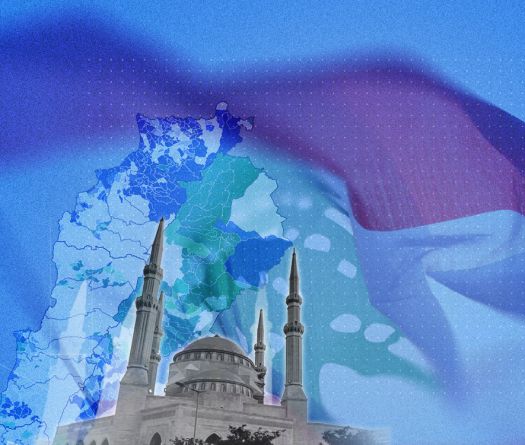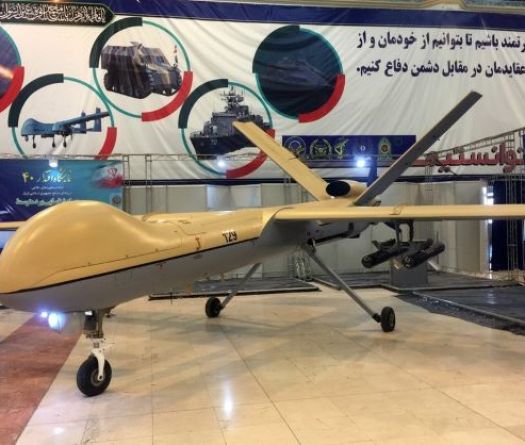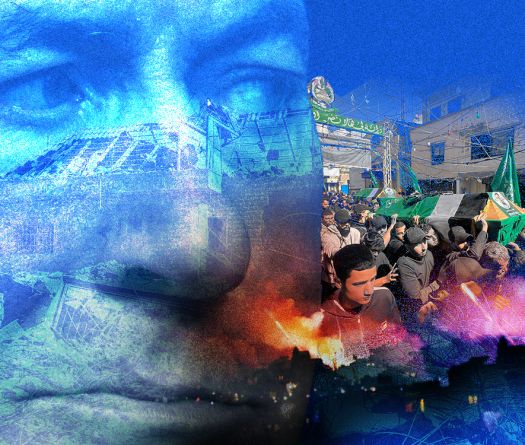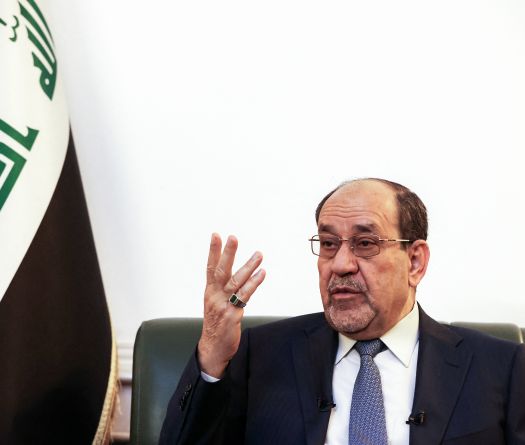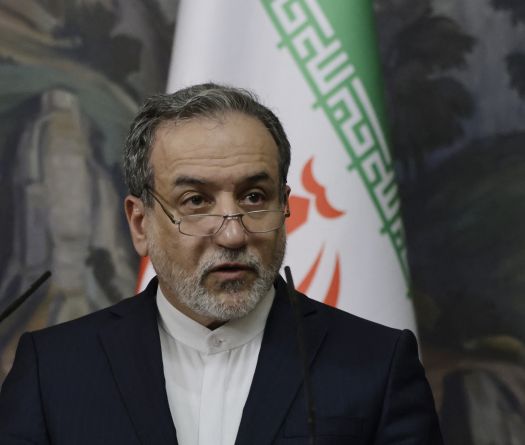
- 17:34 Rubio to hold talks Monday in Israel on Iran: State Dept
- 17:28 UK withdraws staff from Iran due to 'security situation': Foreign Office
- 17:16 NASA announces overhaul of Artemis lunar program amid technical delays
- 16:50 Israel Supreme Court freezes foreign aid organisations Gaza ban
- 16:32 Netflix shares open up more than 9% as it exits Warner Bros. bidding war
- 16:03 'Technical' discussions on Iran's nuclear programme to take place next week: IAEA report seen by AFP
- 16:00 UN nuclear watchdog calls on Iran to cooperate 'constructively': report seen by AFP
- 15:51 OpenAI says raises $110 billion, including $50 billion from Amazon
- 15:28 French FM says would be 'ridiculous provocation" if drone near French aircraft carrier was Russian
- 15:22 China urges citizens in Israel to strengthen emergency preparedness


Lebanon Signals Interest in Joining IMEC Trade Corridor
This is Beirut 26/02 19:55

Israeli Airstrikes Hit Hezbollah Targets in Bekaa Valley
This is Beirut 26/02 17:25

After Assad, Hezbollah Shrinks from Army to Shadow Cells
This is Beirut 26/02 15:10

Hezbollah Signals It Will Stay Out of 'Limited' Iran Strikes, Sets Red Line on Regime Attacks
This is Beirut 25/02 16:40
See all

Iraq Armed Group Tells Fighters to Prepare for Long Iran-U.S. War
This is Beirut 10:10
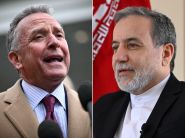
U.S. and Iran Conclude Geneva Nuclear Talks, Set Vienna Meeting for Monday
This is Beirut 26/02 23:20

Direct U.S.-Iran Talks Mark Key Moment in Geneva Nuclear Negotiations
This is Beirut 26/02 15:35

Detainee Swap in Sweida Following Deadly Clashes
This is Beirut 26/02 13:40

Iran University Suspends Three Students for Burning Flag
This is Beirut 26/02 13:05
